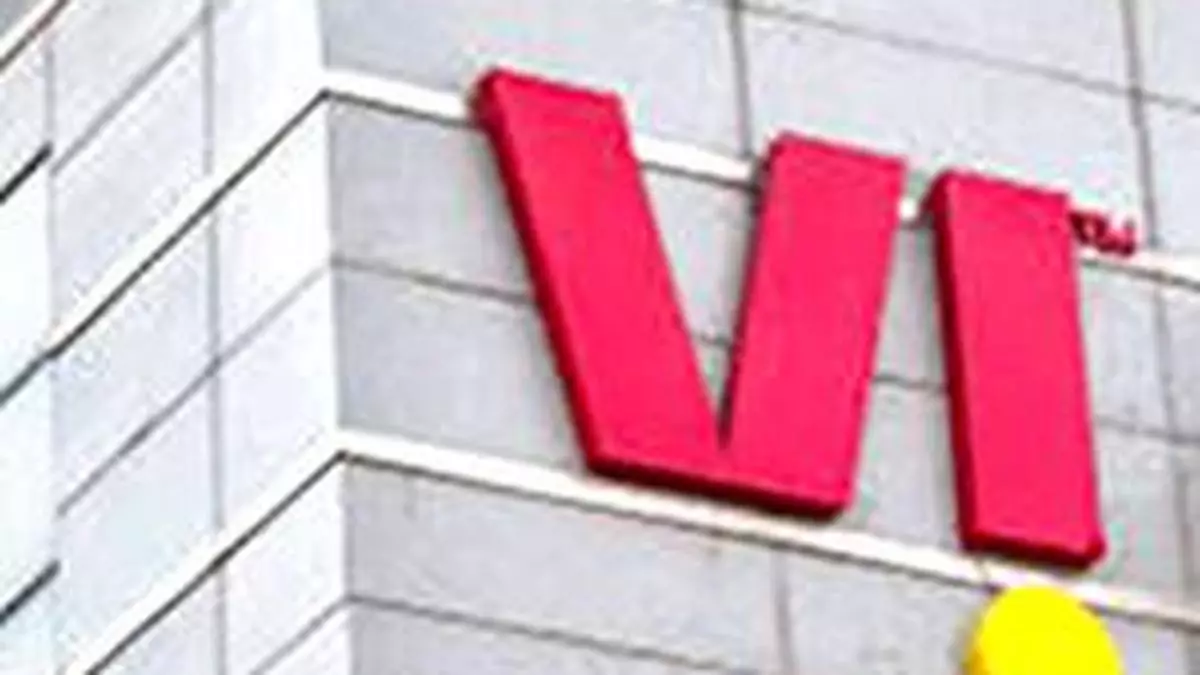 |
|
The recent sale of a 3% stake in Indus Towers by Vodafone Group has sent ripples through the Indian stock market, causing a noticeable surge in Indus Towers' share price. This strategic move by Vodafone, announced on Wednesday, is primarily aimed at bolstering its financial position, specifically tackling a significant debt burden. The transaction, valued at approximately ₹2,841 crore (approximately $344 million USD), is expected to significantly improve Vodafone's financial health and provide much-needed liquidity for ongoing operations. The immediate impact on the market was a 1.52% increase in Indus Towers' share price, reflecting investor confidence in the company's future prospects despite the divestment. This positive market response suggests that the sale was viewed favorably, likely because it addresses a key concern about Vodafone's financial stability and reduces a potential overhang on the share price of Indus Towers. The strategic decision by Vodafone showcases a prioritization of debt reduction and financial stability over long-term ownership in Indus Towers, indicating a calculated approach to managing its financial portfolio.
The proceeds from the sale of Vodafone's stake will be allocated to two primary areas: debt repayment and the settlement of outstanding dues owed to Indus Towers by Vodafone Idea Limited (Vi). Vodafone explicitly stated that approximately $101 million (a significant portion of the total proceeds) will be used to directly repay its existing debt obligations. This proactive approach to debt reduction reflects a commitment to improving its creditworthiness and enhancing its financial standing among creditors and investors. This aspect of the transaction is particularly important in the current economic climate, where maintaining a strong financial position is crucial for the long-term sustainability of any business. The remaining funds, after fulfilling the debt repayment obligations, will be used to settle the outstanding payments due to Indus Towers from Vi, its joint venture in India. This move indicates a concerted effort to resolve internal financial complexities and strengthens the relationship between Vodafone and Indus Towers.
The allocation of funds also involves a security measure for Indus Towers. A portion of the funds received by Indus Towers from Vodafone will be held as collateral to secure Vi's ongoing commitments under the Master Services Agreements (MSAs). This arrangement provides a layer of financial protection for Indus Towers and mitigates the risk associated with Vi's outstanding dues. This aspect of the transaction highlights the importance of risk management and the careful consideration given to safeguarding Indus Towers' financial interests. By securing these commitments, Indus Towers reduces its exposure to potential financial losses related to Vi's performance. The entire transaction underscores a sophisticated understanding of financial engineering and risk mitigation strategies, which could potentially be seen as a positive indicator for future financial planning and performance by Vodafone and Indus Towers.
Conversely, Vodafone Idea's shares experienced a 3.69% decline to ₹8.10 on the BSE on the day of the announcement. This negative movement in Vi's share price contrasts with the positive reaction to Indus Towers' share price and suggests that the market may have interpreted this event differently for the two companies. The differing reactions likely stem from the varying market perception of the long-term implications of Vodafone's debt reduction strategy on Vodafone Idea. While the debt reduction benefits Vodafone, it may highlight ongoing financial challenges faced by Vi. This divergence underscores the complexities of interconnected businesses and how individual corporate actions can have significantly different impacts on related entities within the same market ecosystem. Further analysis would be needed to understand the long-term impact of this transaction on the financial health of both Vi and Indus Towers.
In conclusion, the strategic divestment of Vodafone's stake in Indus Towers presents a multifaceted case study in corporate finance and market dynamics. The positive market response to the sale of the stake by Vodafone, resulting in a share price increase for Indus Towers, indicates that the market largely viewed this transaction favorably, largely due to Vodafone's improved financial health. However, the concomitant decrease in Vodafone Idea's share price suggests that the perceived benefits may not be equally distributed among all related entities. This event highlights the complex interplay between debt management, stakeholder relationships, and market sentiment in the dynamic world of corporate finance. The ongoing financial performance of both Indus Towers and Vodafone Idea will be a key indicator of the long-term success and efficacy of this strategic decision by Vodafone.
